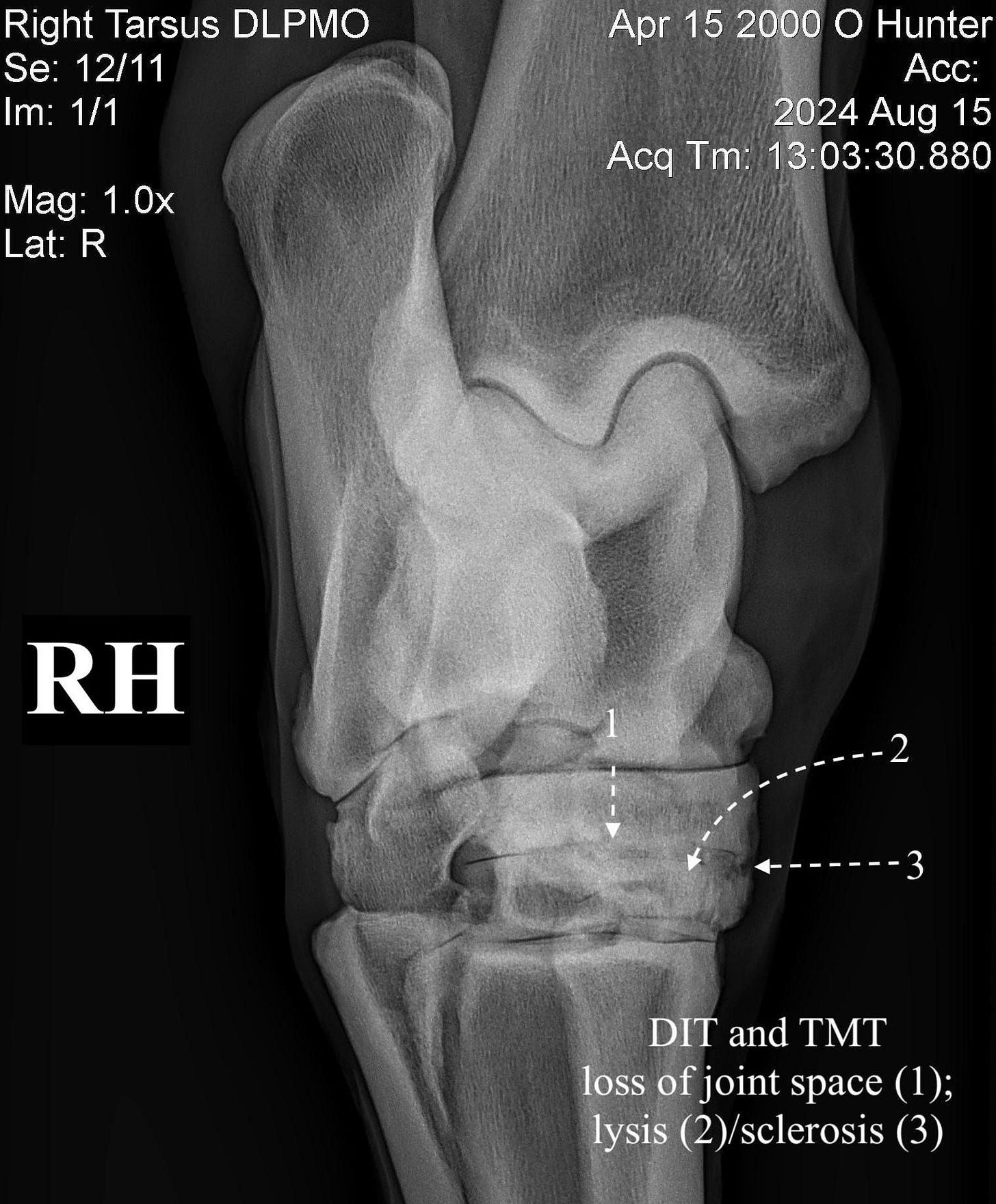Inside Out
Horses are stoic, or at least they are often called this. They are considered to be stoic because they are not affected by feelings and restrain their response to pain or distress. This has some partial truth to it but is not completely accurate.
However, horses are Stoics. I believe they follow the philosophy of the Stoics — Marcus Aurelius, Zeno, Seneca, Epictetus and many to follow. The four virtues of stoics are wisdom, courage, moderation and justice. Central to the philosophy is living in accordance with nature.
I find this fascinating. I feel the Stoics must have studied nature to design their model for living. They probably studied horses and the herd since the horses were key to their lifestyle and well-being.
Horses are Stoics! They live life very much in accordance with the philosophy, and they model it for humans. In Ryan Holiday’s book, The Obstacle is the Way, he sums it up, “First, see clearly. Next, act correctly. Finally endure and accept the world as it is.”
The last sentence is the hardest for humans. For horses, they live this way, even when they are asked to do things they don’t accept.
I met Hunter in February of this year. Something made me curious about him. He was out in a muddy paddock with some of his friends, standing by himself. I felt like he was reflecting on the world. The owner gave me the opportunity to start working with him and begin the detective work of what was going on inside Hunter.
First, horses are not humans, but they are similar because they have many types of personalities like us. Horses, unlike most humans, react more than respond. They are wired for groups and seek comfort with the group. Horses have an acute sense of smell and use this as their primary source of communication. Humans prefer sight and touch for the majority of their communication.
To learn about Hunter’s internal state, I had to shift from a human-centric approach to a horse-centric approach, as Mary Ann Simonds writes about in her book, A Horse By Nature.
Hunter had little to no interest in anything I offered, he turned away from me when I entered his paddock, he planted his feet when I tried to ride him, and would not move.
This is something I did not consider until much later — he would never say hello or smell my hand when I greeted him. Thanks to the owner’s permission, I recently invited a veterinarian to evaluate Hunter and take images of Hunter’s internal condition. And did I receive some information!
Hunter has degenerative joint disease of the tarsi (hocks)- osteoarthritis with both a inflammatory thickening of bone (sclerosis) bone loss (lysis), and distal hock, cuboidal bone/joints, cartilage loss (partial joint collapse and ankylosis/fusion). He has stifle soft tissue inflammation (synovitis). And he has back discomfort due to poor muscular development.
This is not atypical for a horse Hunter’s age. The question all horse owners have to ask, “when do I retire my horse from work?”
The two biggest issues:
Horses don’t have a concept for retirement. They prefer to work, like a Stoic!
Horse owners rarely have a retirement plan for a horse. The horse will often be sold, traded or gifted late in life without consideration for their welfare, including being separated from their friends.
Here is what I learned about Hunter in these brief months:
He is valuable in his senior years as a non-riding horse for equine therapy helping humans with social and emotional issues.
His personality is emerging, and continues to emerge. He is a natural leader and senior statesman who is very calm and collected around the other horses and enjoys meeting new humans.
His life force is returning. His exterior is shining, literally. His coat is healthy. His eyes are bright. He is listening to me. And he greets me at the gate of his paddock most days!
I write this essay to encourage you to examine your beliefs when you deem something “valueless” before discarding.
I also write this as an invitation to meet Hunter and learn from him, but also to visit the older animals who no longer perform for us but are still waiting for a job. If you meet Hunter, he will teach you the Stoic philosophy.
Most importantly, he will teach you how to forgive yourself first.
The inside is real. Honor the inside.
Camron Adibi is a sailor, horseman, equine relationship coach and a PATH Therapeutic Horse Riding Instructor who holds a master’s degree in education. He offers equine assisted therapy, sound therapy and Chi Equine Massage. He has a mission to improve horse and human interactions through education and storytelling.


